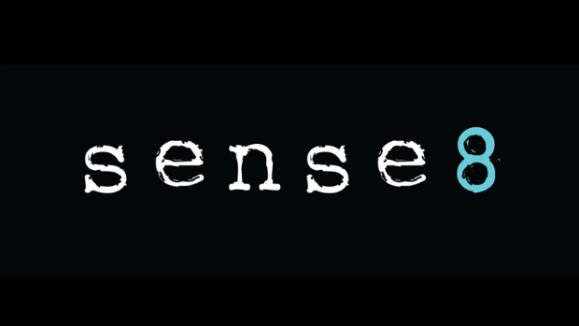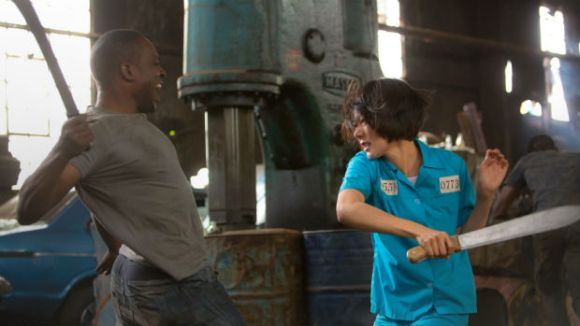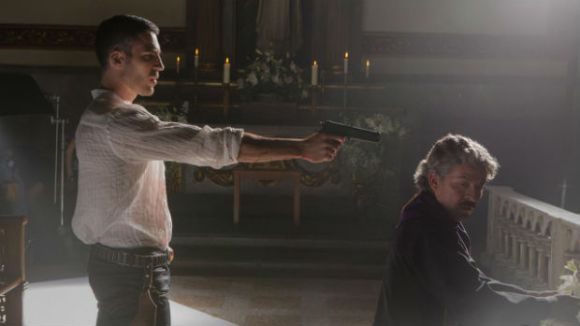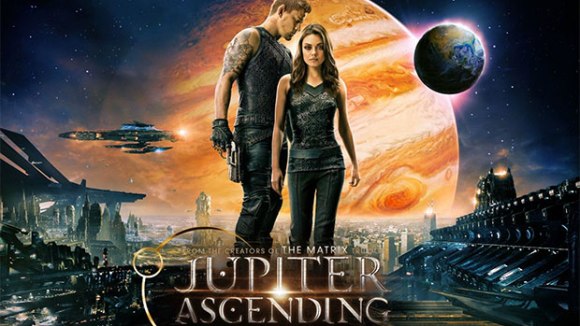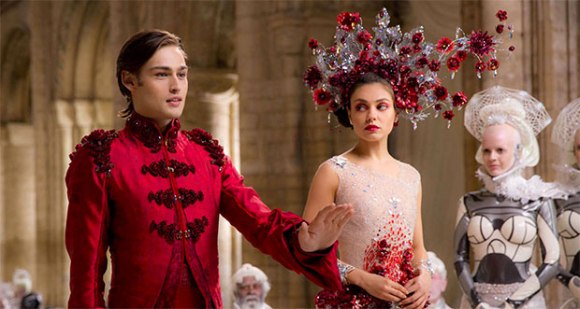Sense8 is a befuddled web of narratives that’s just as hard to watch as it is to stop thinking about. In its grand ambition of a premise, it actually fails to go much farther than the idea stage and calls it quits just after qualifying as a show. But it weaves in such interesting and engaging moments and characters that you can’t quite dismiss it completely.
Coming from the Wachowskis of The Matrix fame and the infamy of just about everything else they’ve done, it’s safe to say that the announcement of this Netflix original garnered a tepid response at best. Just as they’ve always done, though, they cook up one hell of a pitch.
In Sense8, eight strangers from around the world are mysteriously tied together by seemingly supernatural means. Slowly their past and present merge together to form their futures, taking their experiences and emotions and skills and blending them all together. They are “sensates,” people born into their own respective network of other sensates that share their, well, everything.
It is fascinating, to be sure. Through each character, wholly different cultures and identities and struggles are represented. They are each thoroughly and impressively fleshed out with entire backstories that could span individual features just as well as they fill in their slots in the show.
For instance, there’s Nomi Marks (Jamie Clayton), a trans woman and former hacker and current political blogger. Not only is her current predicament lovingly crafted and intricate (perhaps informed by Lana Wachowski and Clayton’s own lives?) but you then get insight on her troubling past, all of which is simultaneously built alongside the overarching plot.
And there’s Riley Blue (Tuppence Middleton), an Icelandic DJ residing in London as she attempts to evade her past. Wolfgang Bogdanow (Max Riemelt) reveals his layers of loyalty and latent romanticism amidst his strangely dissociative behavior. Each main character is a deep and necessarily real one.
The problem is that they don’t do much besides that. With eight individuals to tend to across the 12 episodes, very often it feels like the narrative thread that ties them together is far too thin. (And we’ve already seen the “strangers connected” trope before.) Their individual stories offer a remarkable amount of depth but then when it comes to the season-wide antagonist and set of complications, it all come crumbling apart.
We don’t find out much about the villain other than he/they exist, nor do we learn much about why the sensates exist, much less the reason the bad guys want them dead. All the treachery is instead imbued into the isolated character stories which tend to tie in the other characters through happenstance and deus ex machina. It almost becomes a game during viewing of wondering how situations can be carefully constructed to require sensate intervention.
As real as the characters themselves are, the situations they find themselves in become all too predictable. Lito Rodriguez (Miguel Ángel Silvestre) is thrown into an especially trite arc despite being one of the more compelling sensates as a closeted movie star. And then the ones that fail to find maturity in their own stories are just confusing, like Will Gorski (Brian J. Smith) and a presumably unsolved murder form his past that doesn’t seem to involve him enough to matter.
This could be a problem of the writing. It seems like the show is more interested in telling you that it is poignant rather than being just that, almost as if in the writers room, they kept chopping out words until it felt mysterious enough to count as cerebral. And then too many oddly crafted sentences were left untouched. Especially when it comes to Nomi, it’s hard to not sigh and think to yourself that no one talks like that, like they’re constantly trying to impress James Lipton.
Many of the bits surrounding the core of the show, however, are rather impressive. The logistics, for example, of filming all these parallel scenes on location and effectively cutting them all together is awe-inspiring. And each scene is beautifully shot with clear framing and digestible movement. All that practice with the action of the Matrix movies has paid off.
The editing is simply admirable as well. The story (and stories) move so slow and meander between nowhere and the middle of it but with the cuts moving between locations and characters with slick transitions makes it all look and feel like a much faster show. It’s almost enough to keep you awake for all of it.
Perhaps they fell into a trap of making a play of the word “sensate.” At times, the attempts for resonance is far more laughable than potent. There is an—ahem—”origin” montage that starts out relevant and points toward emotional but by the fourth sensate and what feels like its tenth minute, it’s hard not to roll your eyes and laugh.
It’s obvious the Wachowskis have a lot of stories to tell, each one seemingly more interesting and gripping than the last. They certainly have the sense of grandeur to do so. I just can’t wait for when they finally finish one.
Final Score: 6 out of 10
